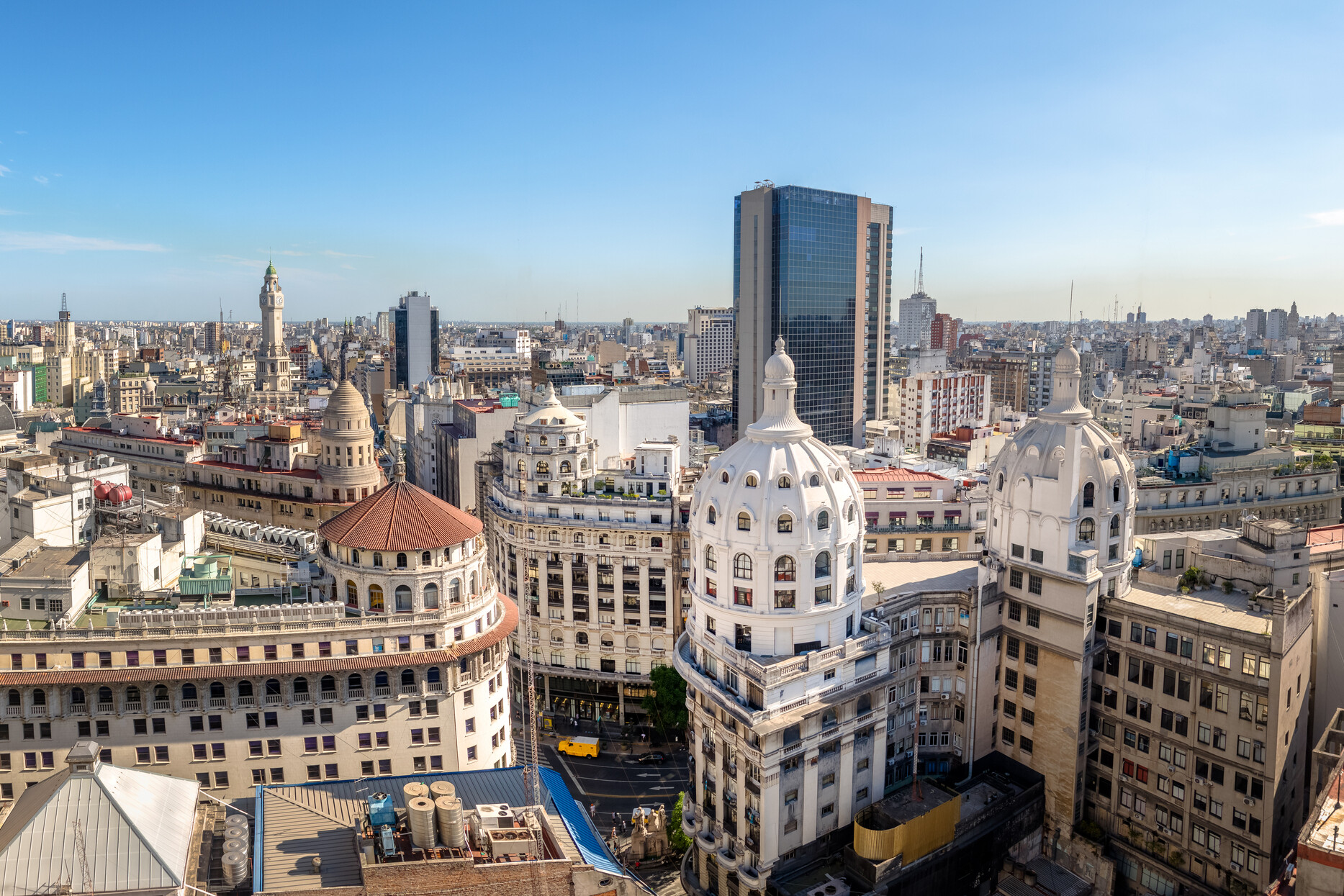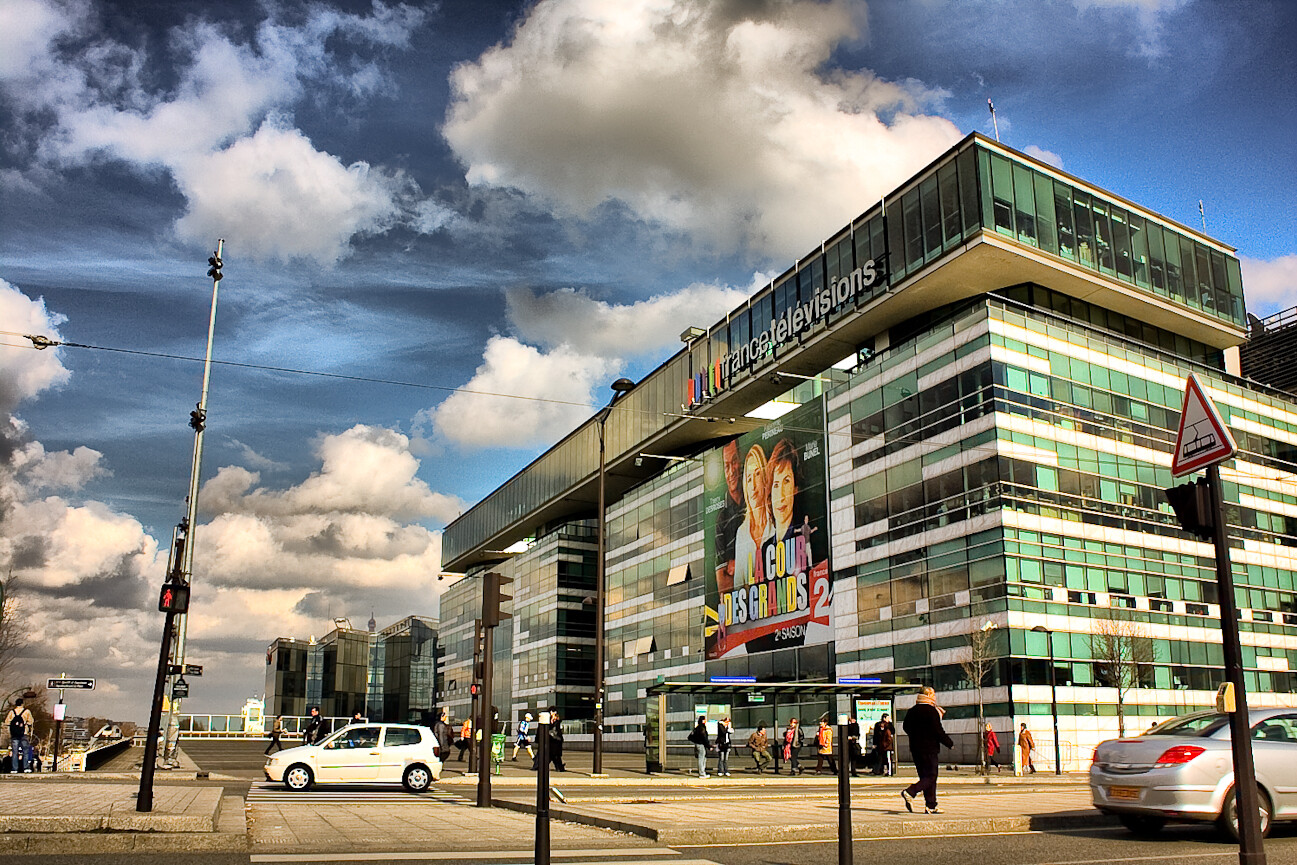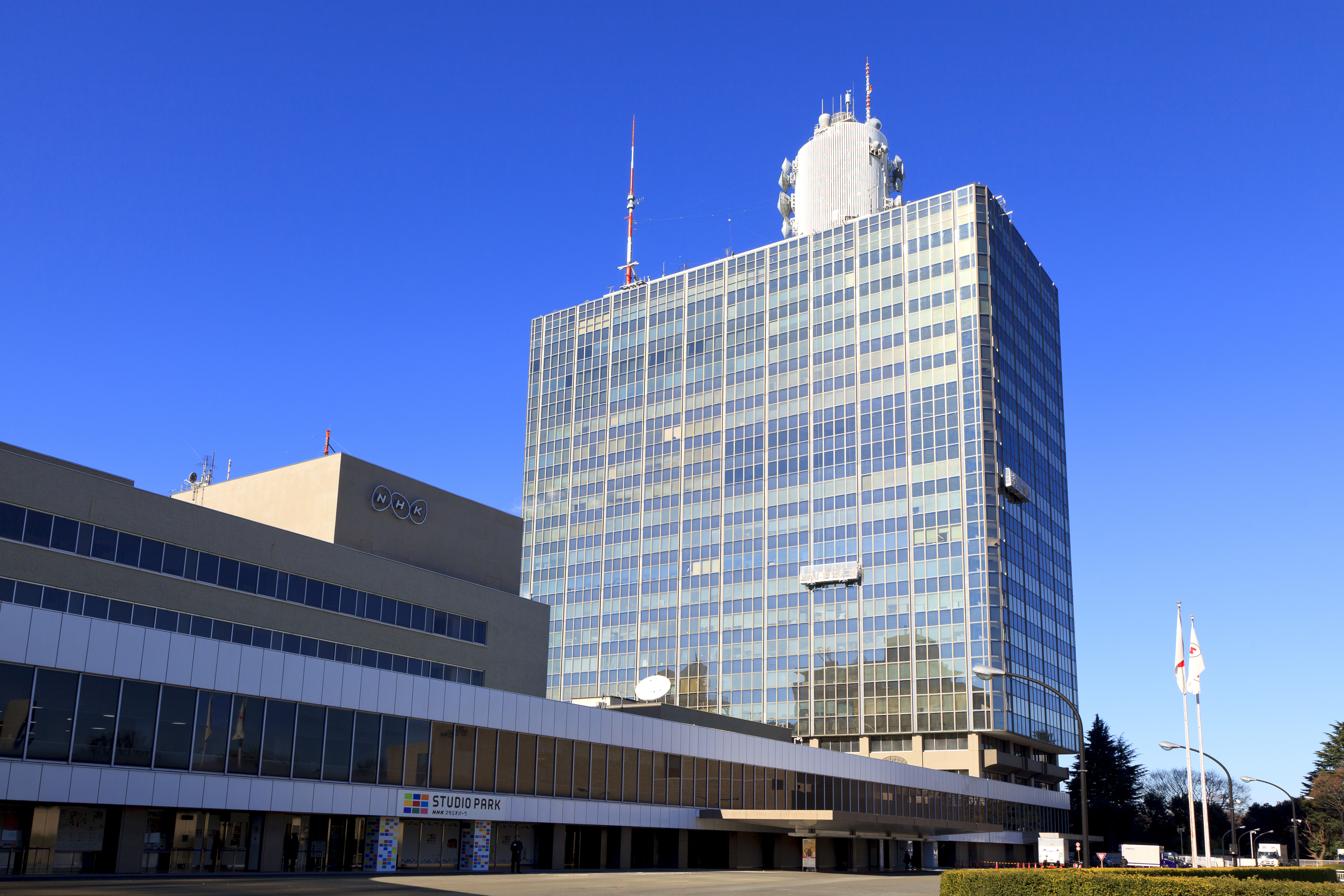While Ghana maintains a relatively high level of media freedom, there are still causes for concern including media ownership, the sustainability of its public broadcaster and the safety of journalists.
As the government looks set to reform aspects of Ghana’s media landscape, we take a look at the key issues impacting the country’s public broadcaster – the Ghana Broadcasting Corporation (GBC) – and its position as a regional leader in media freedom.
GBC Developments
In January, a new Board of Directors for GBC was introduced by the National Media Commission (NMC), consisting of ten members. The new Board has a mandate to oversee the running of the broadcaster for the next two years. According to the new Board chairman, Professor Addow-Obeng, one vital task will be “to generate more funds for GBC”.
The broadcaster has faced significant funding pressures in recent years, with the government pledging to reduce funding for the Information Ministry in 2018 – the entity responsible for overseeing GBC and five other media organisations in the country. Funding woes recently came to a head as the broadcaster purportedly risked going off-air if a debt of 25 million Ghanian cedi to the Electricity Company of Ghana (ECG) was not paid.
Debates about paying the licence fee – fundamental for the survival of GBC – have also come into question since 2017, with the inefficiency of licence fee collection contributing to GBC’s financial woes.
But attempts to reform the licence fee have led to significant concerns regarding public access to critical information – especially during crises and emergencies – and could undermine GBC’s role in the democratic process. According to GBC’s former Director-General, Akuffo Anoff-Ntow, moves to transition the fee from one based on the ownership of a TV receiver to one adapted to digital transmissions as the country migrates to DTT. There are fears that such a move could encrypt free-to-air content for many by turning access into a “subscription” style model.
Elsewhere, the NMC has also created a new Reforms Committee for the public broadcaster in conjunction with the government and additional stakeholders. Following a statement made by the NMC, Modern Ghana reports that the committee will focus on examining:
“…the relevance of public service broadcasting in the face of media pluralism, assess the impact of the GBC as a public broadcaster as against state ownership, and provide a framework for best practices such as management, funding and governance structure, and the overall national interest.”
It must be noted that the NMC has a constitutional obligation to insulate the state-owned broadcaster from government interference.
Media freedom concerns
Despite Ghana’s high ranking of 27/180 in RSF’s World Press Freedom Index and recent entry into the Media Freedom Coalition Executive Group, there are serious concerns for media freedom in Ghana. The country has dropped four places since 2018, with Namibia taking its place as the best ranked country in Africa.
According to RSF, the fall is largely due to Ghana’s highly concentrated media landscape, whereby close to a third of the country’s media are owned by the state or businessmen linked to the government, despite constitutional guarantees for media pluralism and independence. The remaining two-thirds are questionable due to a lack of ownership transparency.
Journalist safety has also become a major concern, with a number of threats towards investigative journalists in recent years as well as the assassination of journalist Ahmed Hussein-Suale in January 2019, who was killed for his work.
More recently, a new Right to Information (RTI) law came into effect at the beginning of 2020 (having been drafted in 1999). The new law is supposed to encourage greater transparency by allowing citizens to better access information in the public interest, such as that about health, education and trade. However, journalists, media freedom advocates and even citizens are sceptical about how much – and what type of – information is actually being made available.
Deutsche Welle reported that 13 categories of information are exempt from the new law, including information relating to the president, vice president and cabinet, including matters of national security and economic information.
In the same article, Deutsche Welle also notes the challenges that remain in relation to implementing the law, explaining that the general public tend to be unaware of how to use the law and their rights to information.
Yet despite concerns, it is worth noting that Ghana maintains a comparatively high ranking in terms of press freedom, with the UK sitting at 33/180 and the US at 48/180 in RSF’s Index.
Read more: The RTI Law in Ghana: 5 Key Facts You Need to Know About Your Right to Information
Media Regulation
Early last month, Ghana’s media regulatory body, the National Communications Authority (NCA), suspended the operations of a private radio station, Radio Tongu, on the grounds of national security and public interest concerns. The Media Foundation for West Africa (MFWA) notes that the NCA’s powers to suspend or revoke “an authorised frequency of a radio station…cannot be contested” but also questions whether it is in the NCA’s mandate to regulate the content of Ghana’s broadcast media, building on deep-seated concerns over the state of media freedom and regulation in the country. .
A second incident has exacerbated these concerns. Ghana’s Speaker of Parliament, Professor Mike Oquaye, issued a directive on 26 February to ban journalists from covering Parliamentary proceedings after journalists abandoned proceedings the day before to interact with an opposition Member of Parliament. The Speaker asserted that journalists were usually only able to attend Parliamentary proceedings under his permission.
More on this story: Speaker threatens to revoke media accreditation …for not carrying out core duties
While Ghana continues to hold a comparatively high level of media freedom – with its recent appointment to the Media Freedom Coalition – its status as a regional leader could be in doubt if better protections for journalists, transparency of media ownership and access to an effective and independent public broadcaster are not improved.
The Public Media Alliance will continue to report on any key developments in the media landscape as well as on the national public broadcaster.
Header Image: Accra from Above. Skyline of Jamestown a part Accra in Ghana. Credit: VanWyckExpress/iStock


